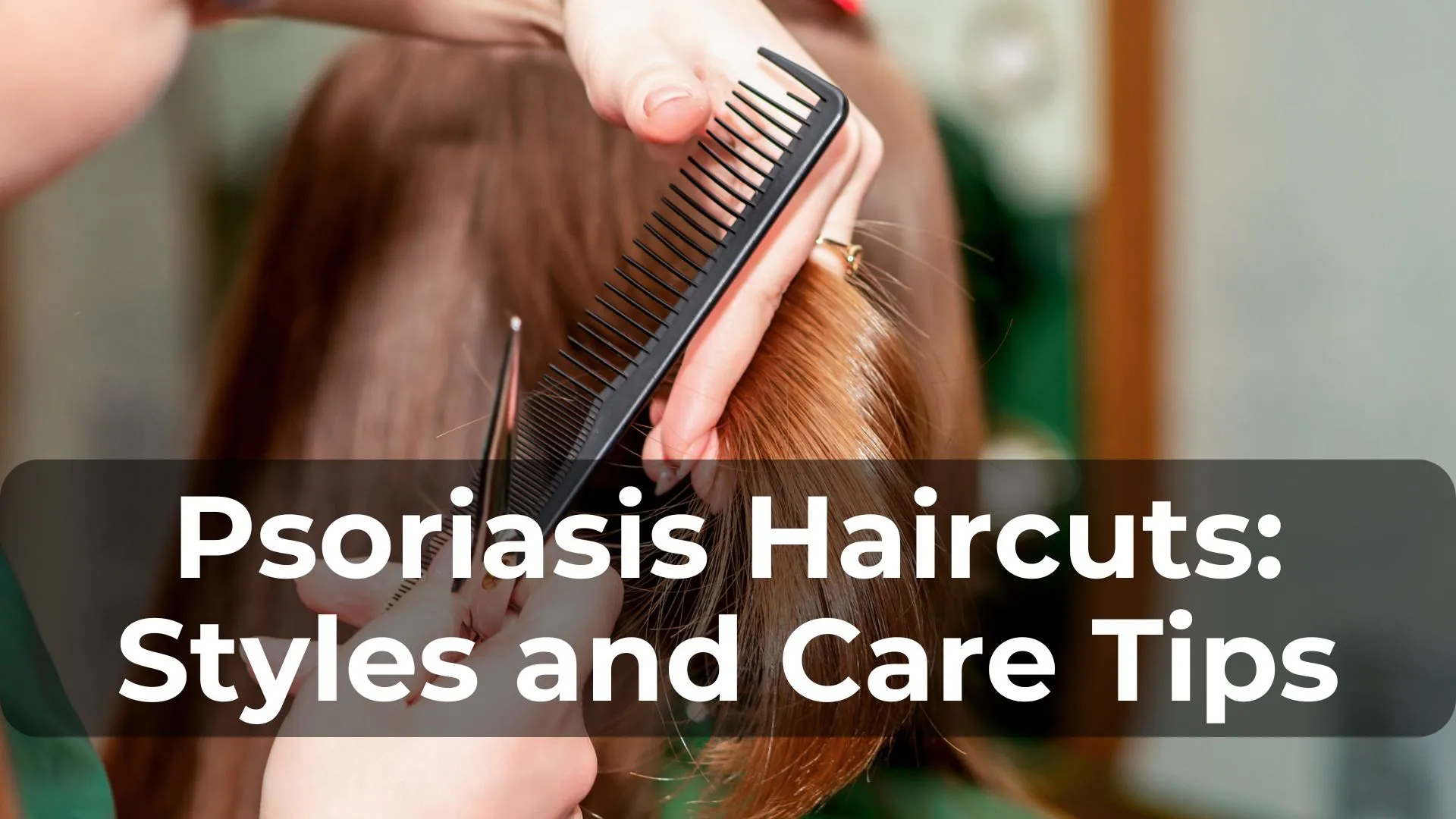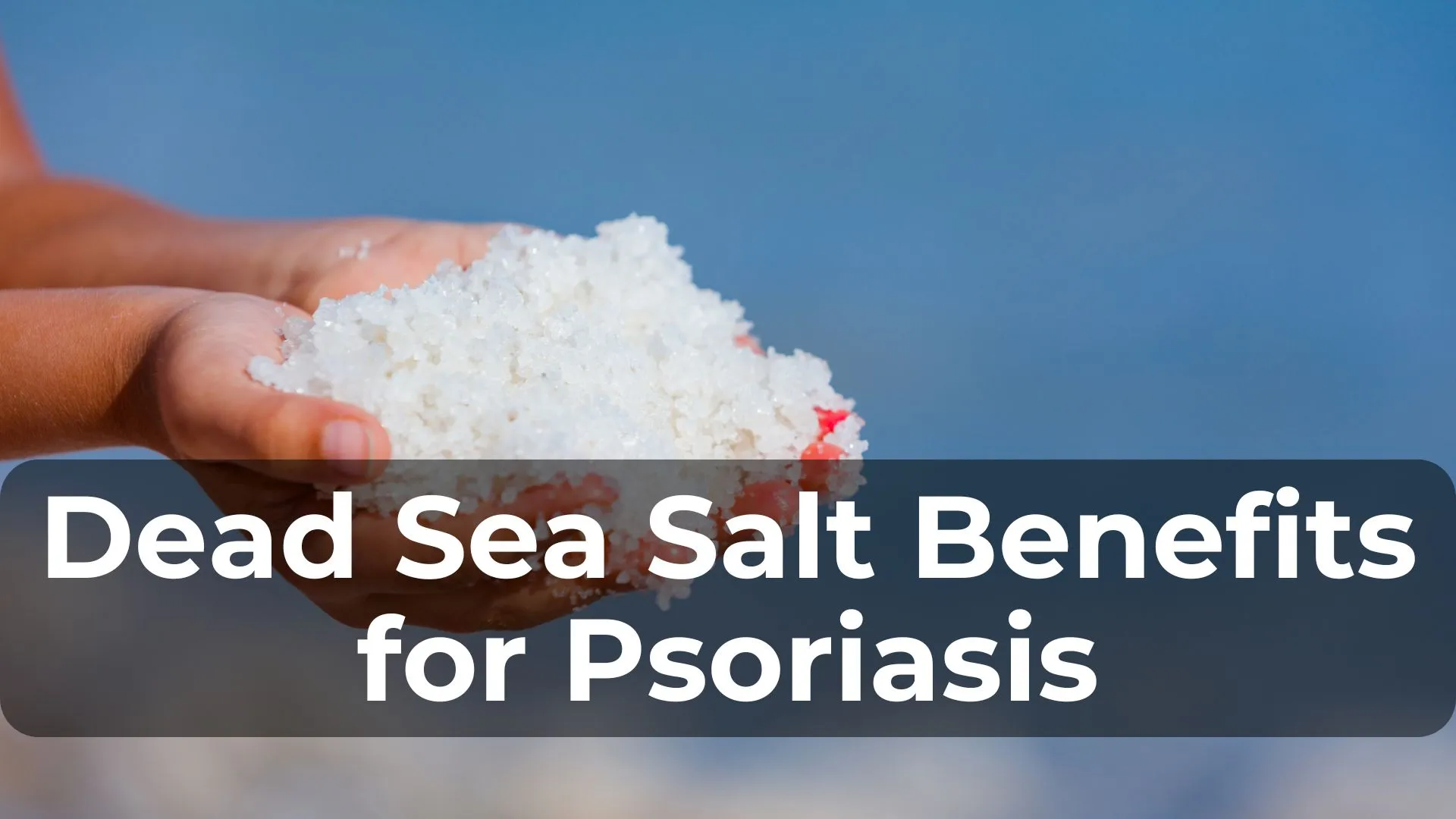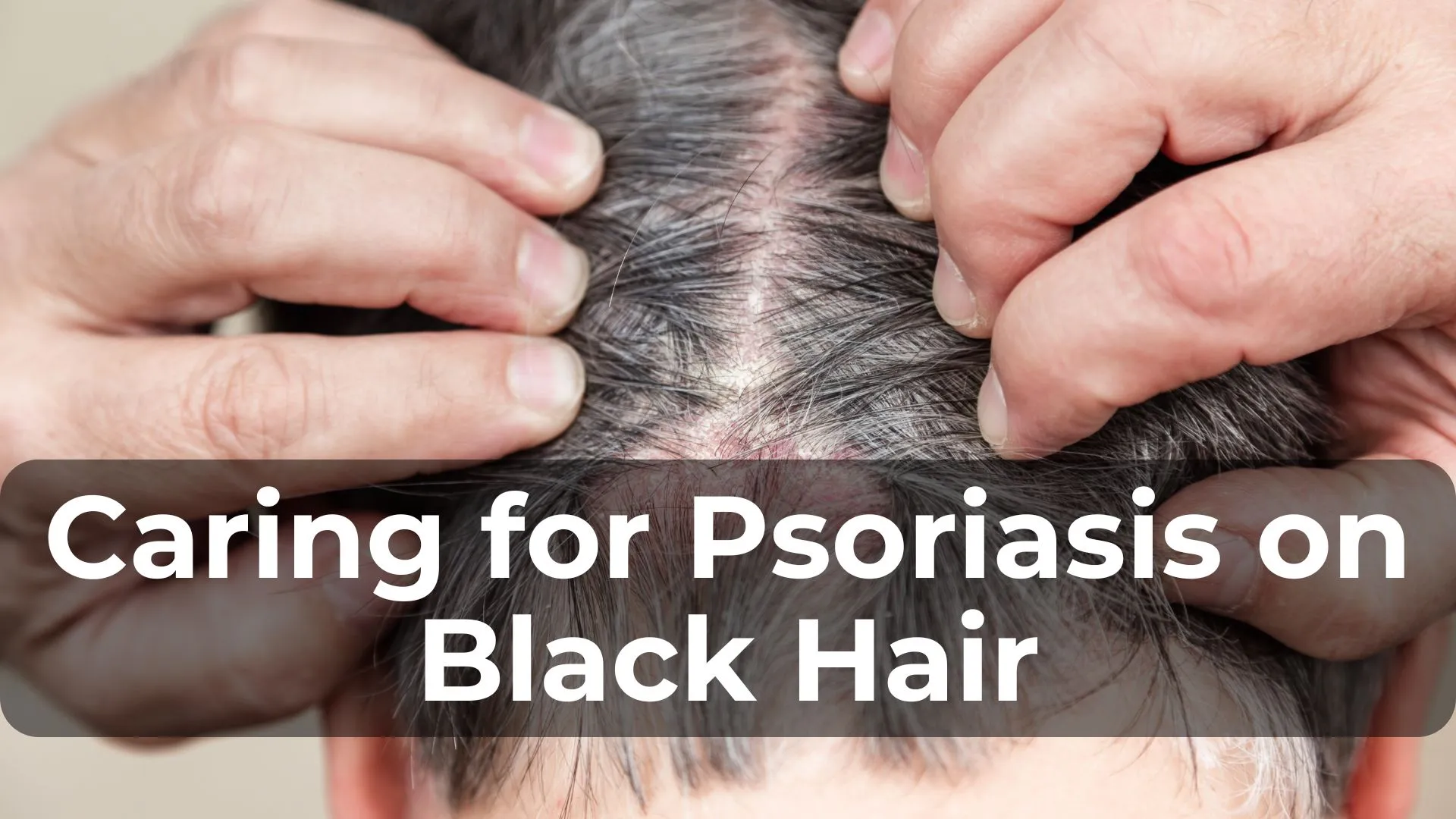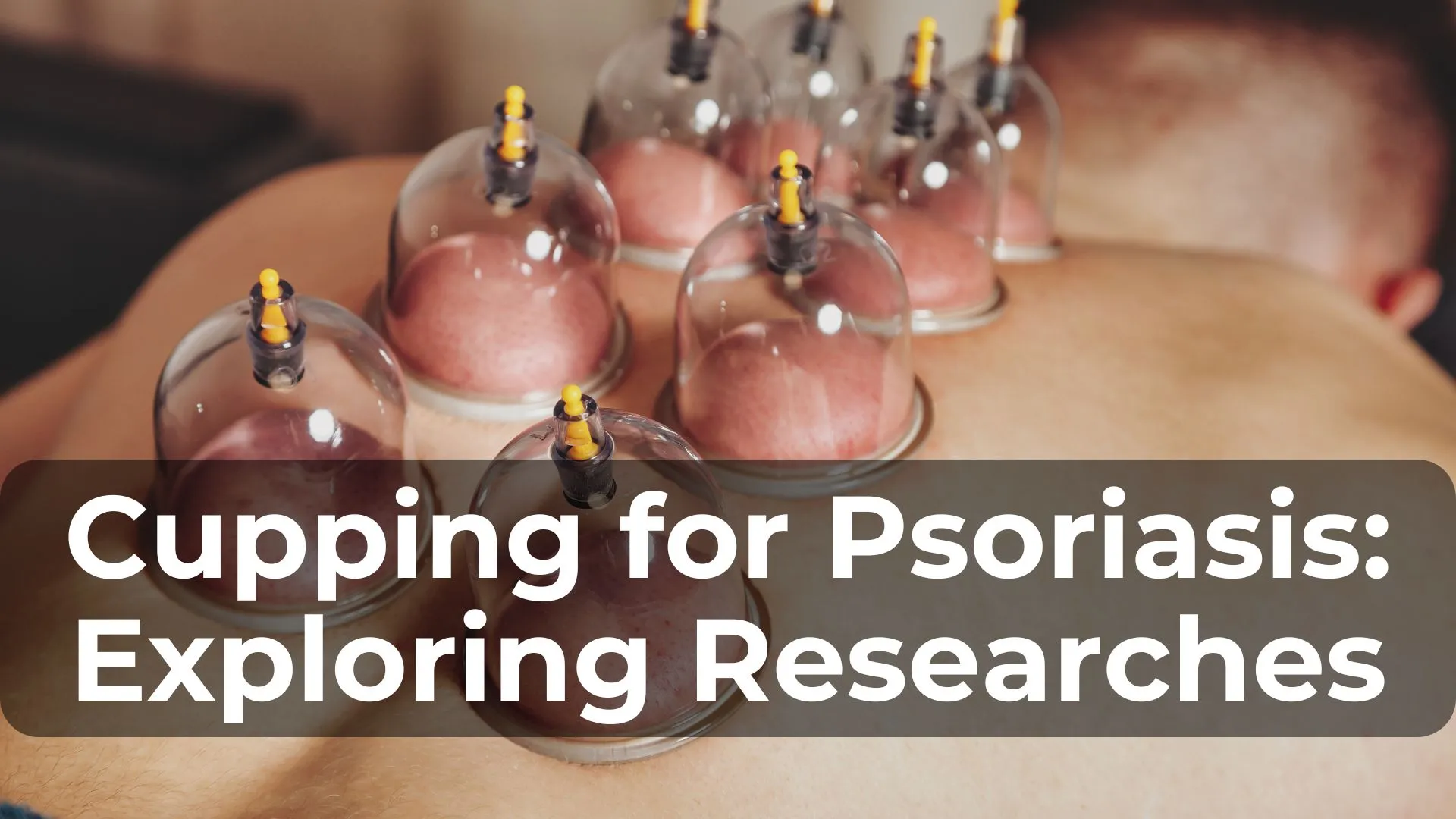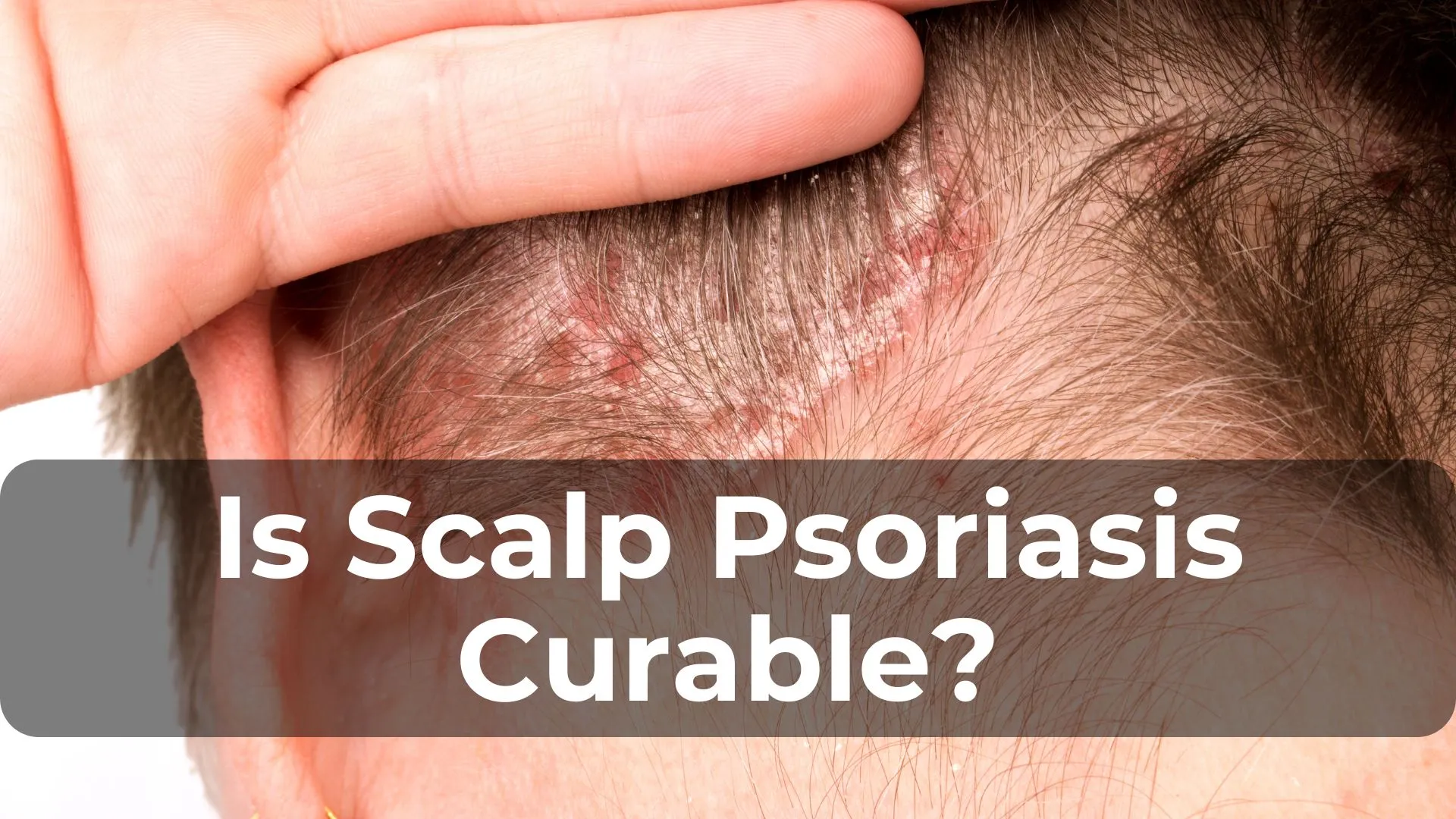
Hey there! If you’re reading this, chances are you or someone you care about is dealing with scalp psoriasis. Trust me, I get it. It’s like having an unwelcome guest on your head that just won’t leave, right? Well, let’s dive into this topic and see if we can shed some light on the burning question: Is scalp psoriasis curable?
First things first, let’s talk about the elephant in the room. Scalp psoriasis, like other forms of psoriasis, is considered a chronic condition. Now, don’t let that word “chronic” scare you. It doesn’t mean it’s a life sentence of itchy, flaky scalp doom. It just means that it’s a long-term condition that requires ongoing management.
Table of Contents
ToggleTraditional Treatments: The Band-Aid Approach
When it comes to treating scalp psoriasis, there’s no shortage of options. From over-the-counter shampoos to prescription medications, the market is flooded with products promising relief. And you know what? Many of them do help. They can reduce inflammation, slow down skin cell growth, and provide much-needed relief from those pesky symptoms.
But here’s the kicker: most of these treatments are like putting a band-aid on a leaky pipe. They might stop the leak for a while, but they’re not fixing the underlying problem. They’re focused on managing symptoms rather than addressing the root cause.
The Root of the Problem: A Holistic Approach
So, what’s a psoriasis sufferer to do? Well, what if I told you that true healing comes from treating the root cause, not just the symptoms? That’s right, we’re talking about a holistic approach that addresses all aspects of your health to bring your body back into balance.
Think of your body as a finely tuned orchestra. When everything’s in harmony, it produces beautiful music. But when one section is out of tune (hello, psoriasis!), it throws off the entire performance. Our job is to get all sections playing in harmony again.
Let’s break down this holistic approach into three main aspects:
1. Physical Aspect
Regular Exercise I know, I know. When you’re dealing with an itchy, flaky scalp, hitting the gym might be the last thing on your mind. But hear me out. Regular exercise isn’t just about getting those gains or fitting into your favorite jeans. It’s about giving your body the tools it needs to heal itself.
Exercise helps boost your immune system, reduces inflammation throughout your body, and improves blood circulation. It’s like giving your body a tune-up. Plus, let’s be honest, that post-workout endorphin rush feels pretty darn good, doesn’t it?
Start small. Maybe it’s a 15-minute walk around the block or a gentle yoga session. The key is consistency. Your body will thank you for it, and you might just see an improvement in your scalp psoriasis symptoms.
Sunlight Therapy Remember when your grandma used to say, “Go outside and get some sun, it’s good for you”? Well, turns out grandma was onto something. Controlled exposure to sunlight can actually help with psoriasis symptoms.
UV light has an immunosuppressive effect that can slow down the rapid skin cell growth that characterizes psoriasis. It’s like putting the brakes on your overactive skin cells. But remember, we’re talking controlled exposure here. Too much sun can damage your skin and potentially make psoriasis worse. Always consult with your dermatologist before starting any form of light therapy.
2. Chemical Aspect
Dietary Changes You’ve heard the saying “you are what you eat,” right? Well, when it comes to psoriasis, this couldn’t be more true. What you put into your body can have a huge impact on your skin health.
Consider this: certain foods can trigger inflammation in your body, potentially exacerbating your psoriasis symptoms. On the flip side, other foods can help reduce inflammation and support skin health. It’s like choosing between putting premium or regular gas in your car. Sure, it’ll run either way, but one’s going to give you a smoother ride.
Some dietary changes to consider:
- Cut back on processed foods, dairy, and refined sugars
- Load up on anti-inflammatory foods like fatty fish, berries, and leafy greens
- Stay hydrated (your skin will thank you!)
Detoxification Our bodies are constantly exposed to toxins – in the air we breathe, the food we eat, even the products we use on our skin. Over time, these toxins can build up, potentially triggering or worsening psoriasis symptoms.
Detoxification is like giving your body a deep clean. It helps eliminate these built-up toxins, allowing your body to function more efficiently. This could include things like:
- Drinking detox teas or infused water
- Using a sauna to promote sweating and toxin elimination
- Dry brushing to stimulate the lymphatic system
Supplements While a balanced diet should be your primary source of nutrients, sometimes our bodies need a little extra help. Certain supplements have shown promise in managing psoriasis symptoms.
Think of supplements as your body’s backup singers. They’re not the main act, but they can certainly enhance the performance. Some supplements to consider (always consult with your healthcare provider first):
- Omega-3 fatty acids
- Vitamin D
- Probiotics
- Turmeric
3. Emotional/Spiritual Aspect
Here’s something that often gets overlooked in the treatment of psoriasis: the emotional and spiritual toll it can take. Living with a visible skin condition can be stressful, and stress, in turn, can trigger psoriasis flare-ups. It’s like a dog chasing its tail.
Taking care of your emotional and spiritual well-being is just as important as taking care of your physical health. This could involve:
- Practicing mindfulness or meditation
- Joining a support group
- Engaging in stress-reducing activities like yoga or tai chi
- Seeking professional counseling if needed
Remember, healing isn’t just about what’s happening on the surface. It’s about nurturing your whole self – body, mind, and spirit.
Natural Remedies: Soothing the Skin
While we’re working on addressing the root causes, it’s also important to provide some relief for your irritated scalp. There are several natural remedies that can help soothe your skin and promote healing:
- Aloe vera gel: Nature’s own soothing balm
- Tea tree oil: Known for its anti-inflammatory properties (always dilute before use!)
- Coconut oil: A natural moisturizer that can help reduce scaling
- Apple cider vinegar: Can help reduce itchiness (dilute before applying)
Think of these remedies as giving your scalp a comforting hug while the deeper healing work is taking place.
So, Is Scalp Psoriasis Curable?
Here’s the truth: while there’s currently no “cure” for scalp psoriasis in the traditional sense, that doesn’t mean you’re doomed to suffer forever. By taking a holistic approach and addressing all aspects of your health, many people have found freedom from their symptoms. Some have even achieved long periods of complete remission where their skin is clear and symptom-free.
The key is to be patient and persistent. Healing takes time, and what works for one person may not work for another. It’s about finding the right combination of treatments and lifestyle changes that work for you.
Remember, you’re not just treating a skin condition – you’re nurturing your whole self back to health. And that, my friend, is a journey worth taking. So why not start today? Your scalp (and the rest of you) will thank you for it!


